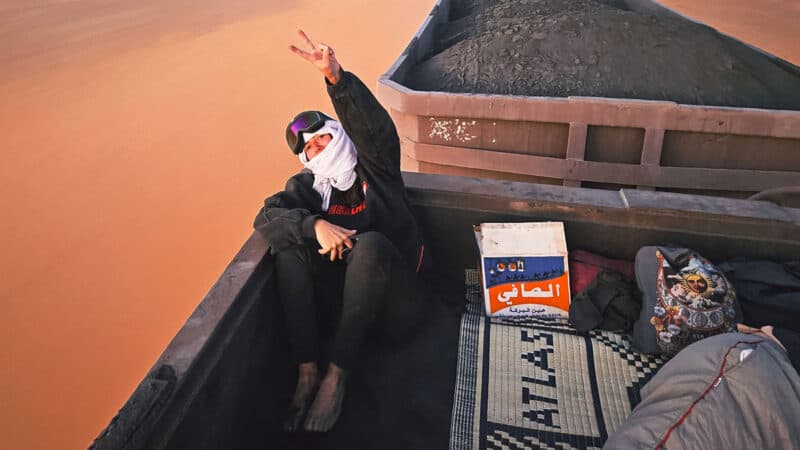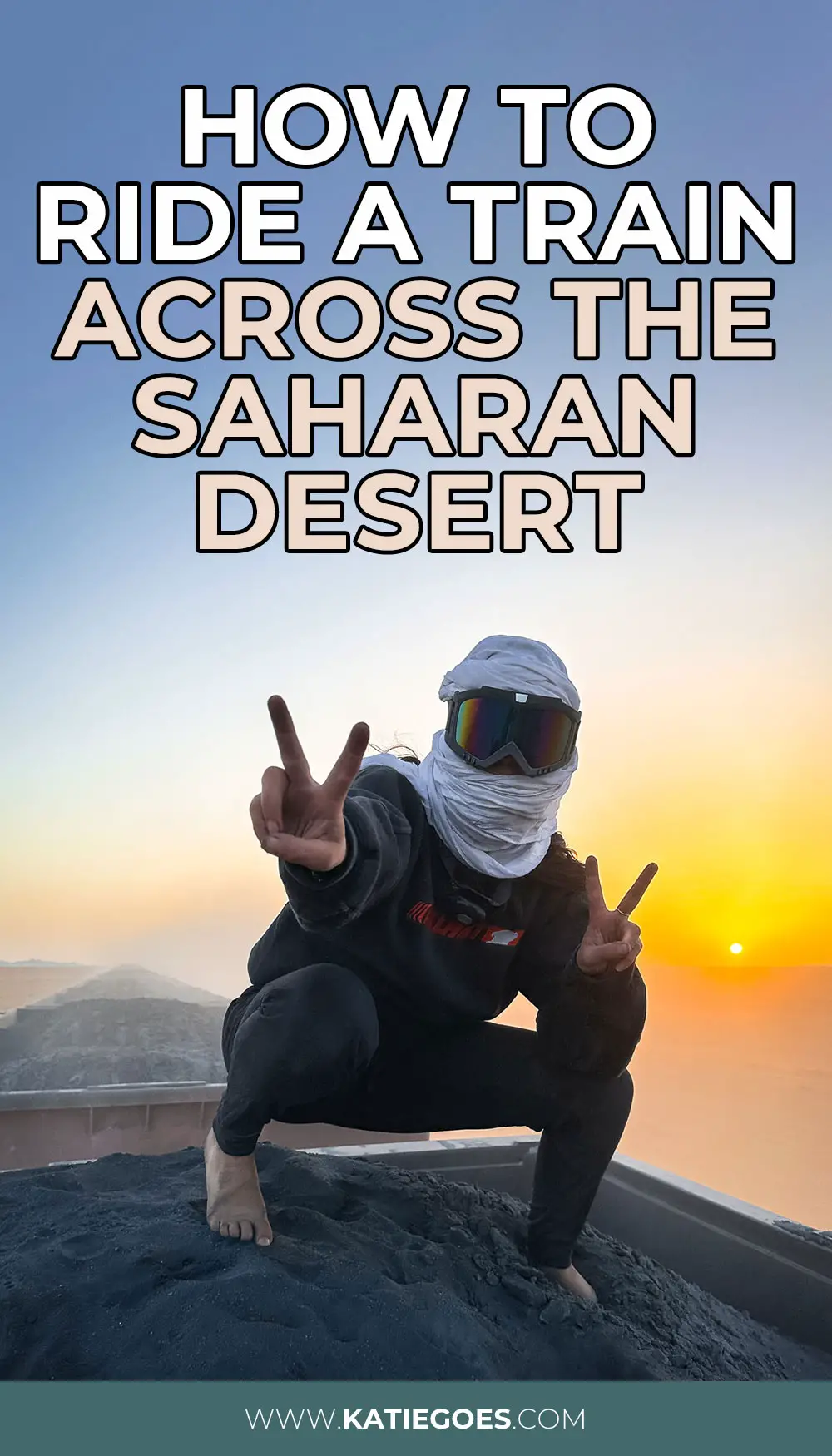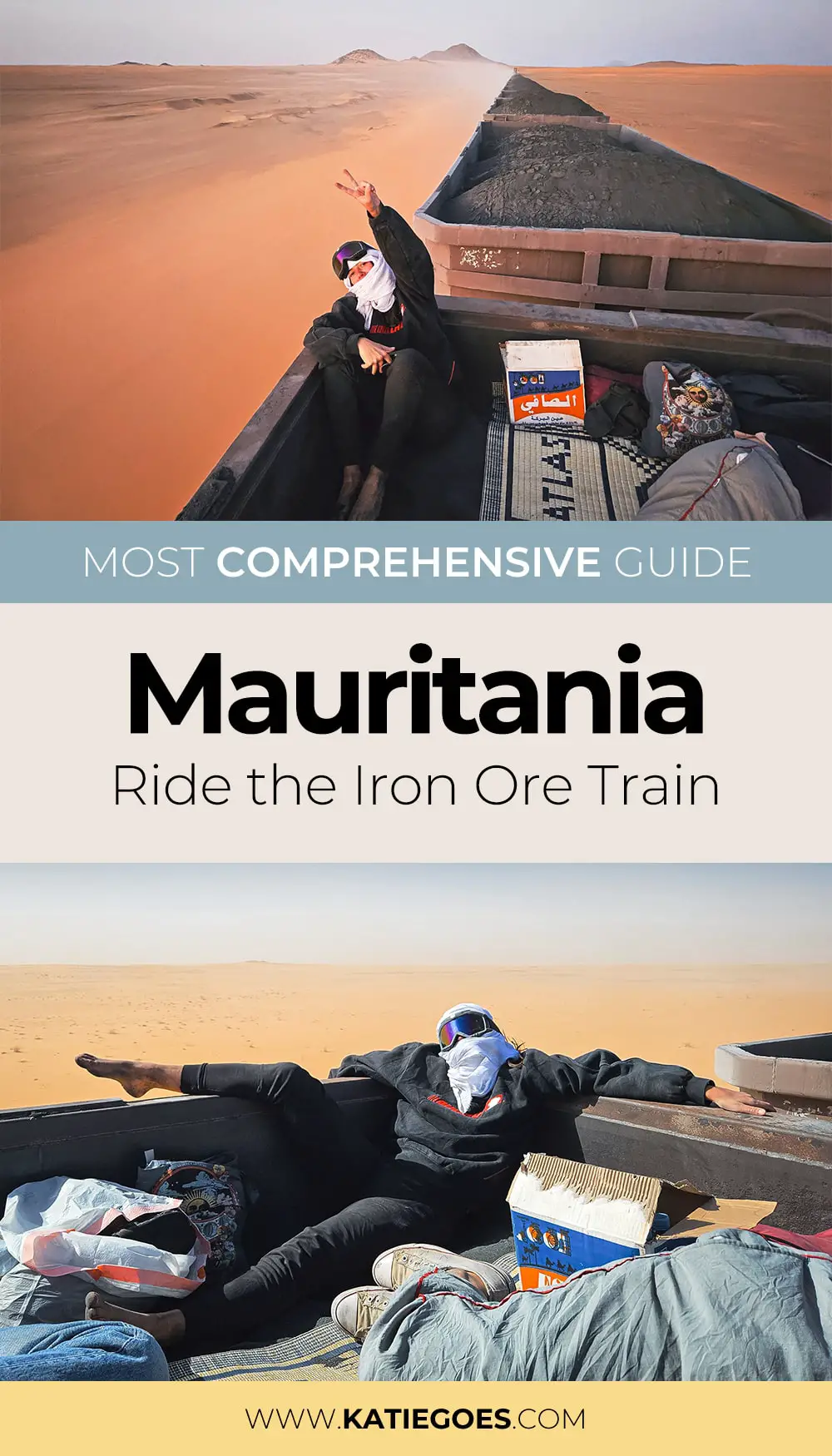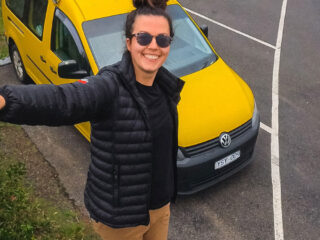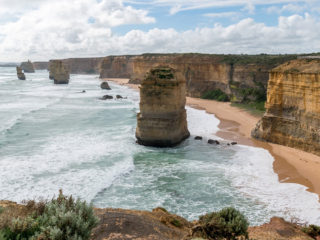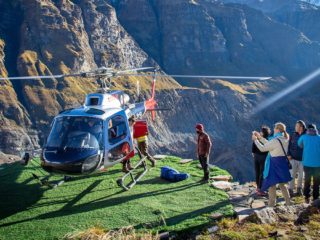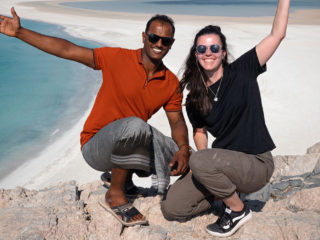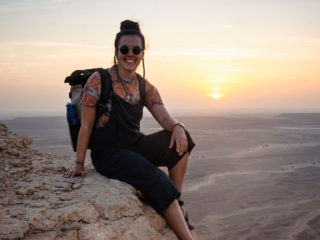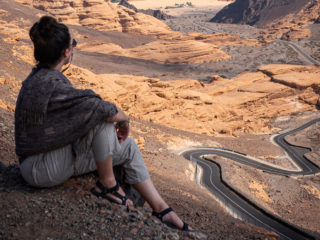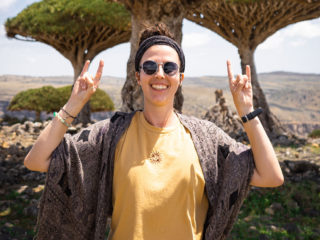Do you have a calling to hop aboard the world’s longest train to travel through the largest hot desert on our planet? You could ride the iron ore train in Mauritania – only if you dare!
North of Senegal, south of Morocco and bordering Western Sahara, is the lesser-known country of Mauritania. It may be large but the country does not contain a relatively high population since the land is mainly desert, the Sahara Desert. On the other hand, despite Mauritania being quite poor, the country is still rich in natural minerals. Iron Ore is the biggest export.
A constant churn of trains transports the endless loads of iron ore between Zouerat (the mining town) and Nouadhibou (the coastal city), passing a small town called Choum, which is the next stop before the mine. As this place isn’t as remote as the other stop, with the convenience of a guesthouse and small grocery shops, it is a common location for travellers to hop on the train.
It is possible to ride the train in either direction, but the most recommended route would be from Choum to Nouadhibou (towards the coastline). This is for a few reasons:
- The train transports iron ore from Zouerat to Nouadhibou, therefore, the carriages are empty upon the return journey. If you travel from the desert to the sea, you may be dustier but there will be a better view and greater padding beneath your bottom. Otherwise, if the train carriage is empty, travellers will have more shelter from the sun and wind but have no view other than the metal insides of a cargo container.
- Once you’ve completed the journey, there will be nothing more important than food, water and a powerful shower. You are more likely to find said conveniences in Nouadhibou.
The journey can seem like a logistical headache at first, but this guide will pinpoint the where, when and what, for you to plan a safe adventure across the Sahara.
Table of Contents
Don’t have time to read this now? Pin this blog for later.
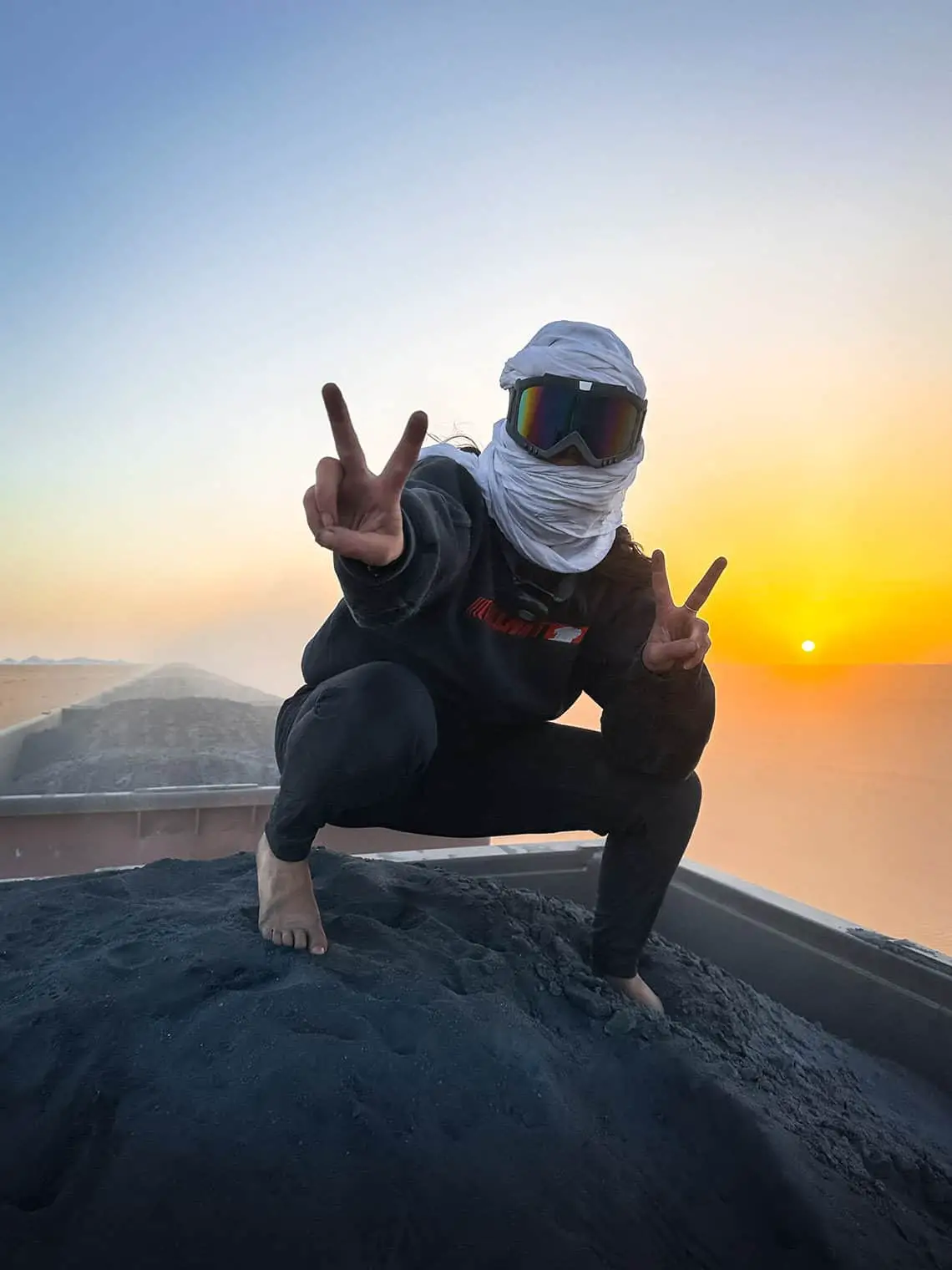
The Complete Guide to Ride the Iron Ore Train in Mauritania
Can you ride the Mauritania Railway?
Is it legal? It’s common knowledge that the iron ore train runs most days, so locals often hop on top of a carriage without a ticket, timetable or reservation to travel for free in either direction. With this in mind, there is currently nothing in place to stop any foreigner from making the same journey. Also, the iron ore train in Mauritania can be as long as 2.5 to 3 kilometres in length, or 200 to 210 carts, thus making them among the longest in the world. With this length and the fact that the train travels through a remote desert, it will be unlikely that you’ll even be seen by the train staff members or anybody from law enforcement (not that I believe they would react negatively if so).
When should I ride the iron ore train?
The iron ore train is available to hop aboard all year round, but travellers would be most comfortable riding a carriage during the cooler months (from November to February).
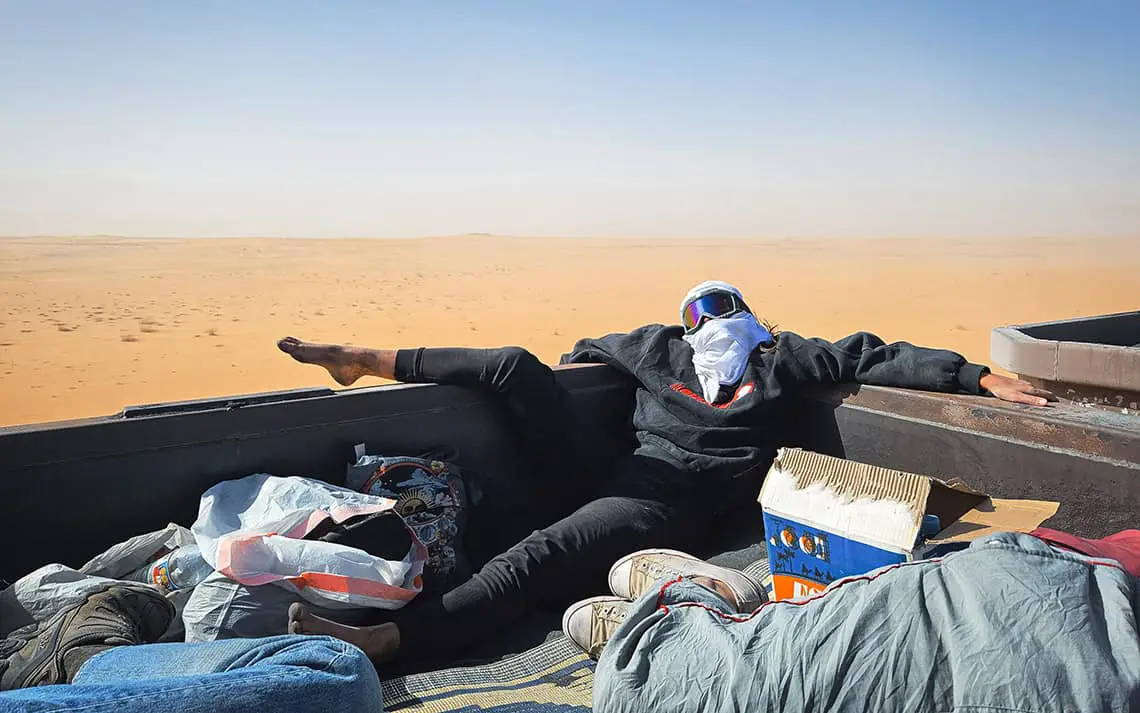
What should I pack for Mauritania?
Take the heads up now; this will not be your normal packing list. Thankfully, you will find most items, albeit cheap quality, in the nearby town called Atar. This is a 1.5-hour drive from Choum or a 4-hour drive from Zouérat.
Clothing
The most appropriate attire to ride the iron ore train in Mauritania is simply a variety of old layers. The evenings can become brutally cold with the wind chill, but as soon as the sun rises, it will be HOT. A contrast of layers that are thermal, cheap and protective from the sun should provide you with the optimum amount of comfort.
Thermals – Ensure that you ride in comfort through the coldness of the night with underlayers that are designed to keep you warm.
Ski Goggles – The train transports a range of consistencies of iron ore from boulders to dust. If you’ve randomly selected to hop aboard the train with a finer load, the iron will fly with the wind and magnetise to any electronic device. With this in mind, you should be prepared with some form of protection for your eyes.
Head Scarf – There is no doubt that you will prefer to cover as much of your head as possible, whether it be from the sun or iron ore. With that being said, why not support the local people by purchasing a blue, white or black Mauritanian head scarf for the journey? Alternatively, you could bring a good ol’ Buff… With multiple functions and weighing practically nothing, Buffs are a staple in any packing list!
Face Mask – With such a long journey ahead, you may want to bring a face mask to avoid inhaling as much dust as possible.
Food
Water – This one is ESSENTIAL for the desert. It is a no-brainer that drinking water will be crucial to staying hydrated in the Saharan Sun is beating down on your skin. Still, liquids will also be necessary to wash the inevitable dust crunching in your mouth!
Snacks – How much will you crave in approximately 10 to 12 hours? I stocked up with a couple of pastries and a large bag of nuts. Make sure to avoid food that could become sticky, messy or melt, as the clean-up will be difficult as you lack cleaning resources onboard the train.
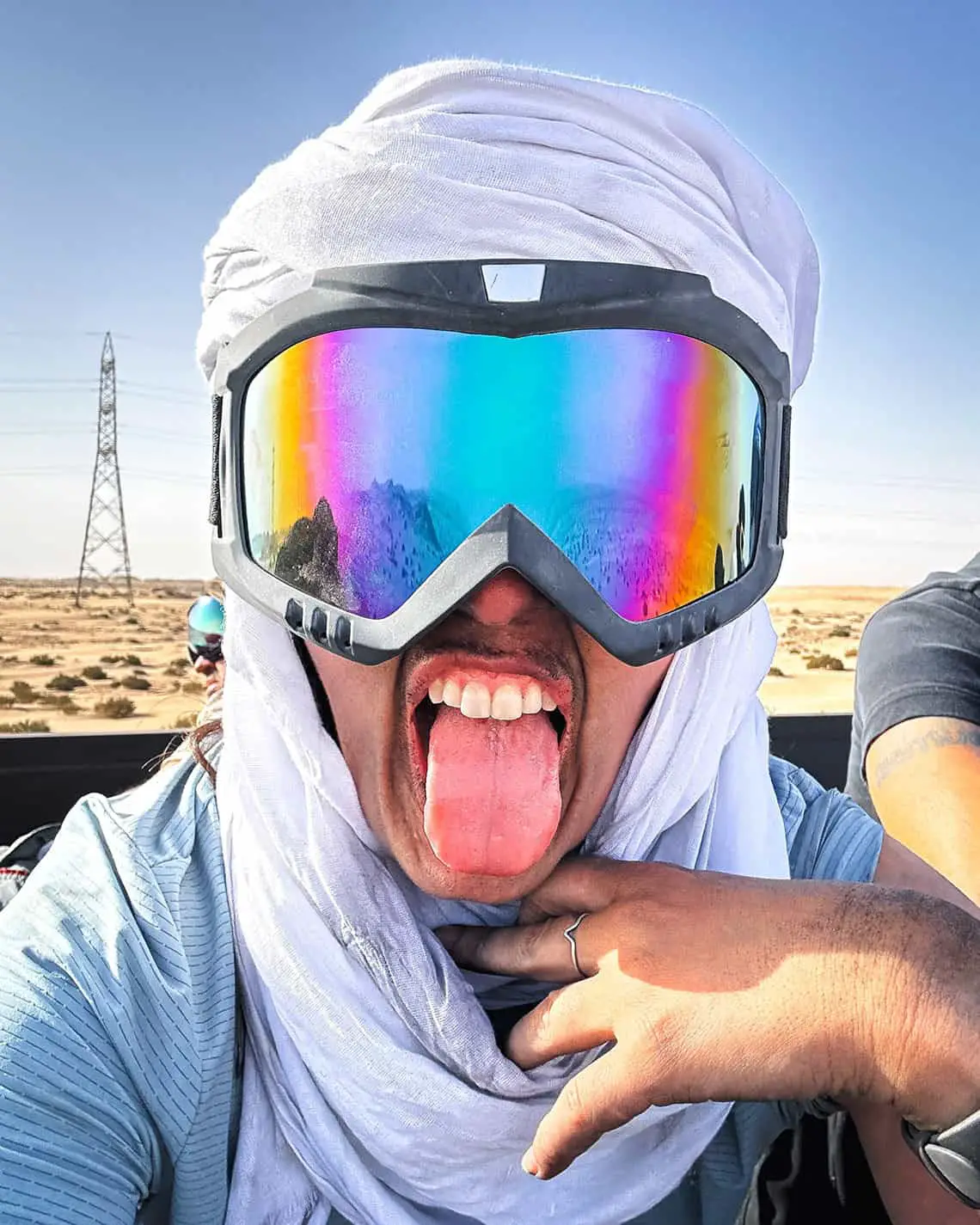
Miscellaneous
Sleeping Bag – Believe it or not, the desert can become bitterly cold during the darker hours. It can also feel worse with the wind of the moving train, but spare yourself the upset of bringing your favourite and best sleeping bag by purchasing a cheaper alternative before you travel. If you are not able to do so, there will be blankets available to buy in Atar.
Head Torch – There will be no light on the train other than the moon and the stars of the night sky. You will be travelling through the Sahara Desert which could quite possibly be the darkest night you will ever witness. Arrive prepared; bring a head torch (with the appropriate batteries). Better still, I’d thoroughly recommend Everbeam’s rechargeable headlamp. It’s extremely cheap, very bright and water-resistant.
Protective Bags – Whether it be dry sacks or garbage bags, a protective layer will certainly help shield your possessions from the black dust. You could also consider packing a purpose-made phone cover for an added layer of protection.
What should you know before you go to Mauritania?
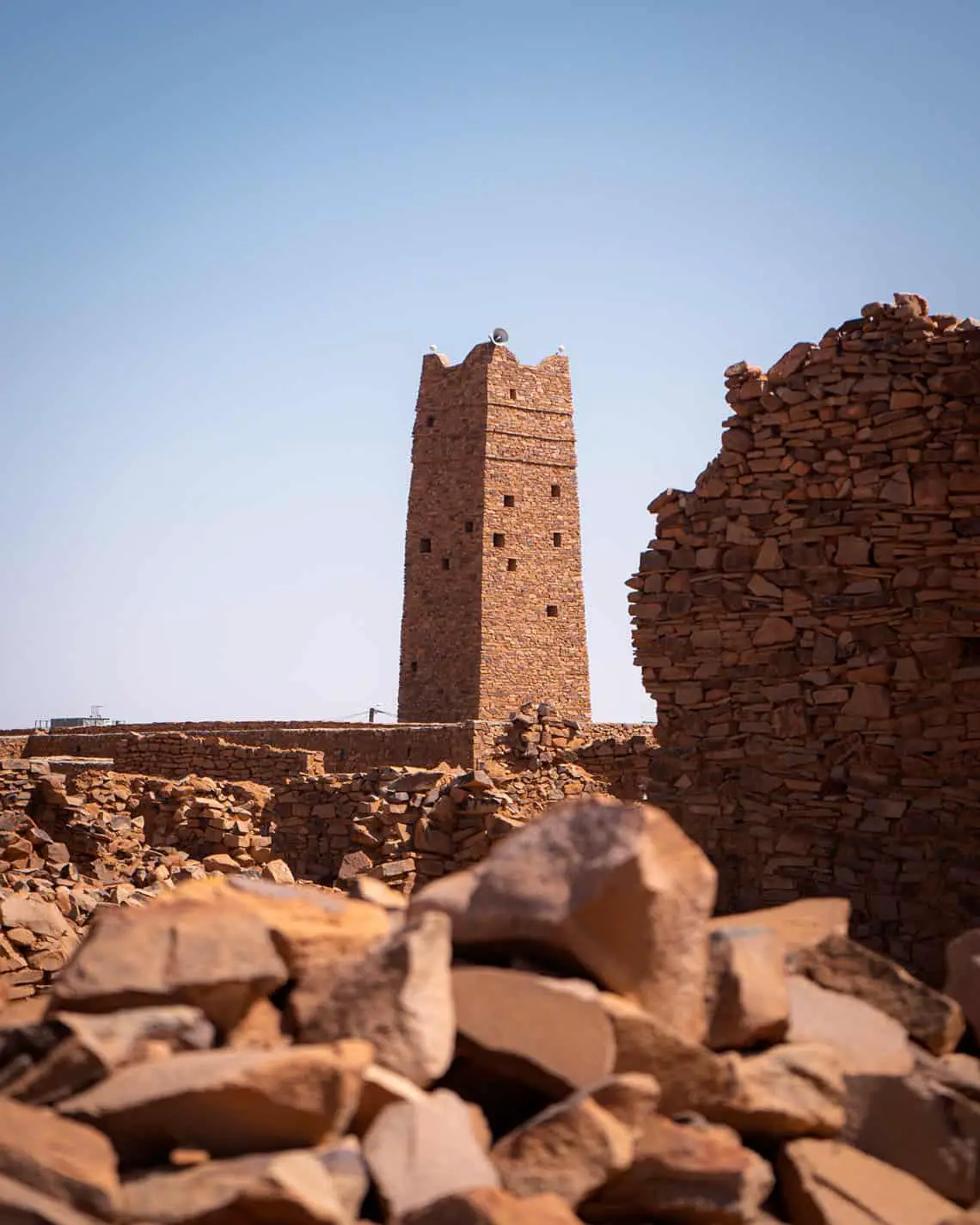
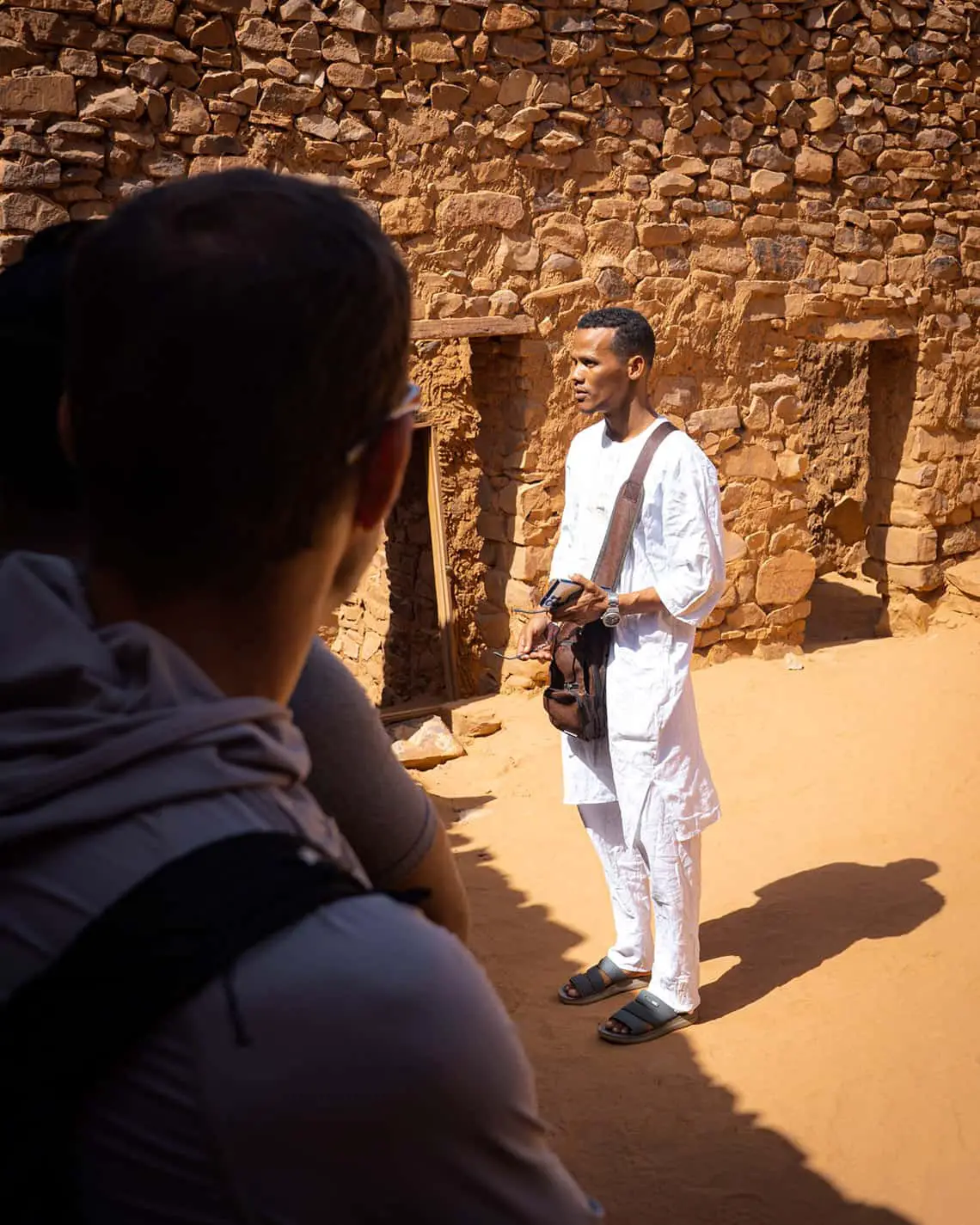
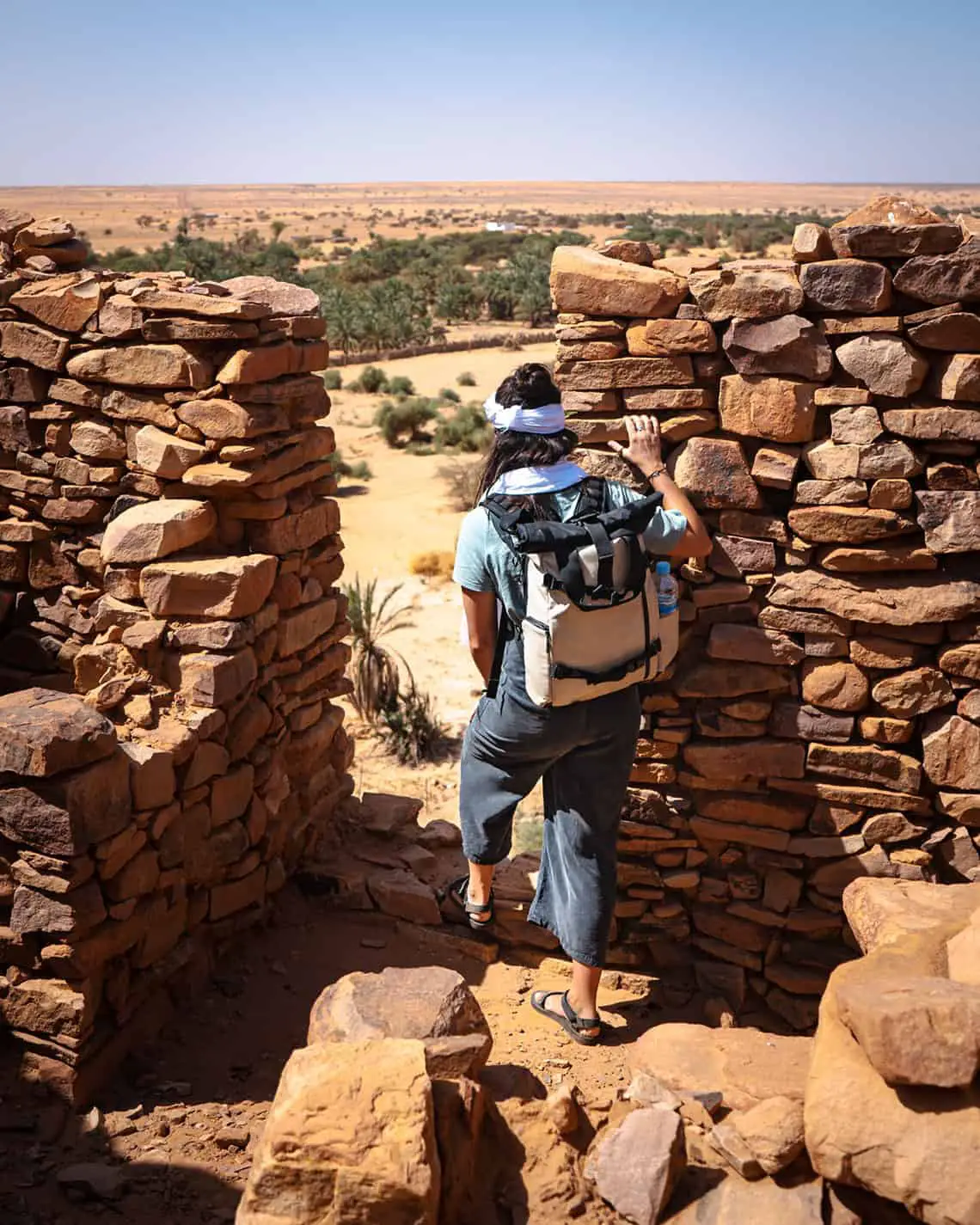
Currency
The official currency of the African Republic of Mauritania is the Mauritanian Ouguiya (MRO or MRU).
Mauritania is a cash culture society so travellers should aim to have enough money with them at all times. US dollars and euros can be changed for the local currency at banks, some hotels and more typically, the official bureaux de change. It is possible to change money at the airport, but the exchange rates do not tend to be particularly favourable. Some ATMs accept foreign credit or debit cards, but they aren’t common.
Travelling to a country with a different currency? You can avoid cash machine transaction fess by paying in the local currency with a Wise debit card.
Internet
Whether you are looking for a data plan or a reliable wifi connection, the internet is hard to come by in Mauritania. SIM cards are reserved for citizens only, therefore, obtaining any can be incredibly difficult, but not impossible. Even if you are lucky to find yourself with a working data plan, the connection will rapidly decrease the further away from the capital city you travel. It might be worth sitting this one out and enjoying the peace of being disconnected.
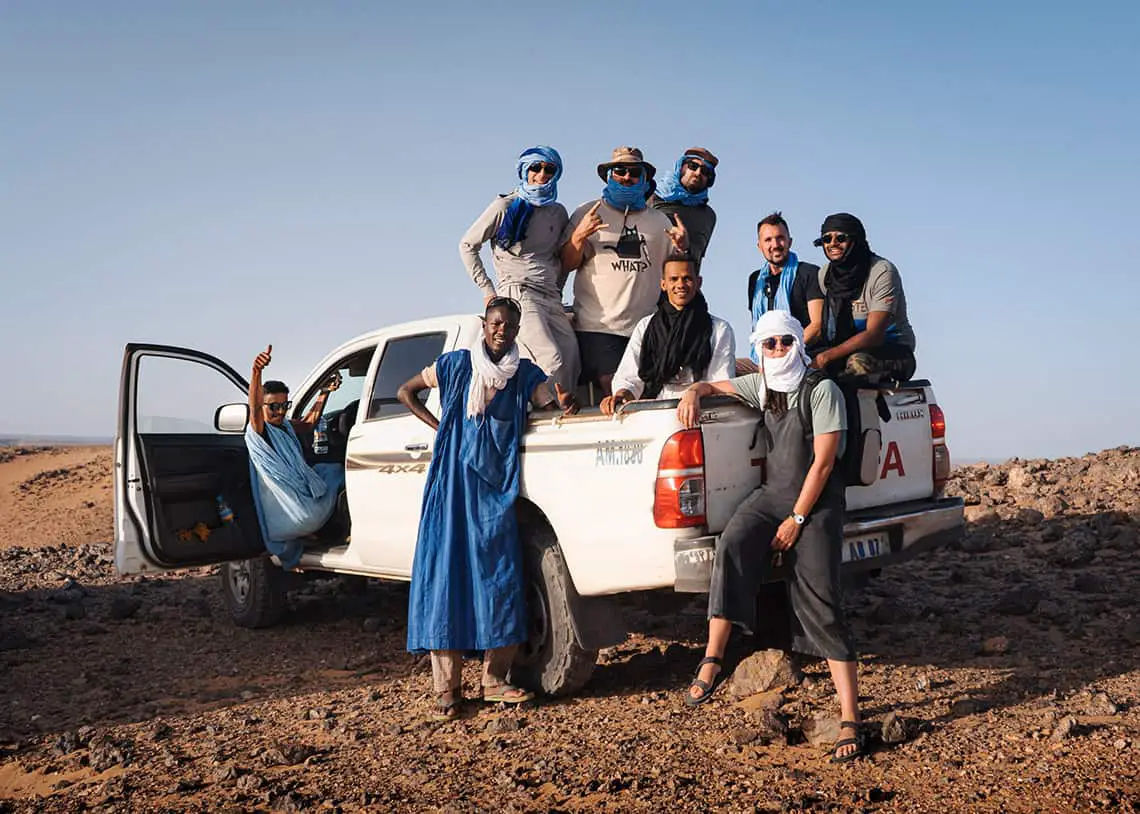
Psst... Would you like to join a group tour to this destination? Send a message on Instagram to find out more.
Let’s go!
@katie.maree
Did You Know…
If you purchase through a KatieGoes link, you still pay the same but we receive a small amount. This contribution helps keep this blog moving – win, win! Nevertheless, I only recommend personal favourites…
🎒 My Gear: Check my travel essentials for backpacking, van life and outdoor adventures.
📱 Airalo: Always be connected with a super simple eSim for almost every country!
💰 Wise: Send or receive money internationally for minimal fees – life saviour!
👫 GetYourGuide: Find group tours, guides and day trips at unbeatable prices.
Save this on Pinterest
Do you need more time to learn about how to ride the iron ore train in Mauritania? Click on the PIN button to save this article for later.

